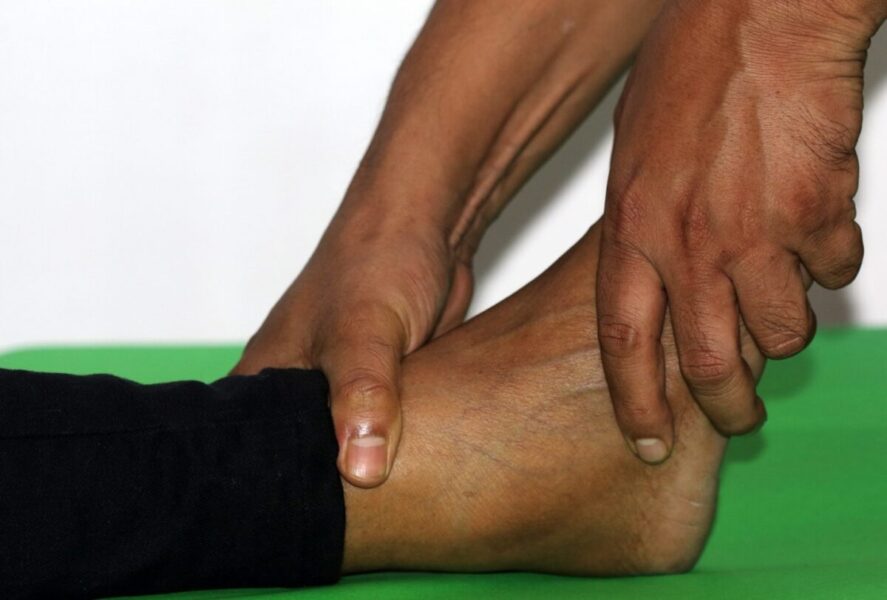Protect Your Heart: The Impact of Depression and Anxiety on Women’s Cardiovascular Health
In today’s fast-paced world, mental health issues such as depression and anxiety are increasingly prevalent, especially among women. While the emotional and psychological toll of these conditions is well-documented, their impact on physical health, particularly cardiovascular health, is often overlooked. This blog will explore how depression and anxiety contribute to cardiovascular disease (CVD) in women, the unique risk factors they face, and strategies for protecting heart health.
Understanding the Link Between Mental Health and Cardiovascular Health
The connection between mental health and cardiovascular health is complex and multifaceted. Depression and anxiety can lead to a cascade of physiological changes that negatively impact the heart. These changes include:
- increased heart rate
- elevated blood pressure
- inflammation
- hormonal imbalances
all of which can contribute to the development of cardiovascular disease.
Key Pathways
- Inflammation: Chronic stress and anxiety can trigger inflammation, which plays a significant role in the development of atherosclerosis (the buildup of fatty deposits in the arteries). Inflammation can damage the inner lining of blood vessels, leading to plaque formation and increasing the risk of heart attacks and strokes.
- Hormonal Imbalances: Depression and anxiety can disrupt the balance of stress hormones such as cortisol. Elevated cortisol levels can lead to hypertension (high blood pressure) and other cardiovascular issues. Additionally, these hormonal changes can impact cholesterol levels, further increasing the risk of heart disease.
- Lifestyle Factors: Individuals with depression or anxiety may adopt unhealthy lifestyle habits such as:
- poor diet
- physical inactivity
- smoking
- excessive alcohol consumption
These behaviors are well-known risk factors for cardiovascular disease.
Unique Risk Factors for Women
Women face distinct challenges when it comes to mental health and cardiovascular disease. Hormonal fluctuations related to menstruation, pregnancy, and menopause can affect mood and exacerbate mental health conditions. Additionally, women are more likely than men to experience certain types of depression and anxiety, which can influence their cardiovascular health.
Reproductive Factors
- Menopause: The decline in estrogen levels during menopause is associated with an increased risk of depression and anxiety. This hormonal shift also contributes to changes in cholesterol levels and blood vessel function, heightening the risk of cardiovascular disease.
- Pregnancy and Postpartum: Pregnancy-related hormonal changes can trigger or worsen depression and anxiety. Postpartum depression can have lasting effects on a woman’s mental and physical health, including her cardiovascular health.
Protecting Heart Health: Strategies for Women
Given the intricate link between mental health and cardiovascular health, it is crucial for women to adopt a holistic approach to wellness. Here are some strategies to help protect heart health while managing depression and anxiety:
- Regular Physical Activity: Exercise is a powerful tool for both mental and cardiovascular health. Engaging in regular physical activity can help reduce symptoms of:
- depression and anxiety
- lower blood pressure
- improve heart function
Aim for at least 150 minutes of moderate-intensity exercise per week.
- Healthy Diet: A balanced diet rich in:
- fruits
- vegetables
- whole grains
- lean proteins
- healthy fats
can support both mental and cardiovascular health. Omega-3 fatty acids, found in fish, flaxseeds, and walnuts, are particularly beneficial for brain and heart health.
- Stress Management: Incorporate stress-reducing activities into your daily routine. Practices such as:
- yoga
- meditation
- deep breathing exercises
- mindfulness
can help manage anxiety and lower stress levels.
- Regular Health Screenings: Regular check-ups with your healthcare provider are essential for monitoring cardiovascular health. Screenings for blood pressure, cholesterol levels, and other cardiovascular risk factors can help detect issues early and allow for timely intervention.
- Mental Health Support: Seek professional help if you are struggling with depression or anxiety. Therapy, counseling, and medication can be effective treatments. Joining support groups or engaging in social activities can also provide emotional support and reduce feelings of isolation.
See the full scientific article from The Washington Post.
By understanding the impact of mental health on the heart and adopting strategies to manage both, women can significantly reduce their risk of cardiovascular disease. Prioritizing mental and physical health is not just about living longer, but also about living a fuller, healthier life. Protect your heart by caring for your mind and embrace a holistic approach to well-being.
Discover the ultimate solution for boosting your daily diet with Omega-3 fatty acids at the renowned Asher Longevity Institute. Introducing our exceptional Marine Fish Oil supplement, meticulously crafted to elevate your well-being. By incorporating Omega-3 fatty acids into your routine, you can significantly diminish the chances of heart disease, effectively lowering both triglyceride levels and potentially reducing cholesterol.




